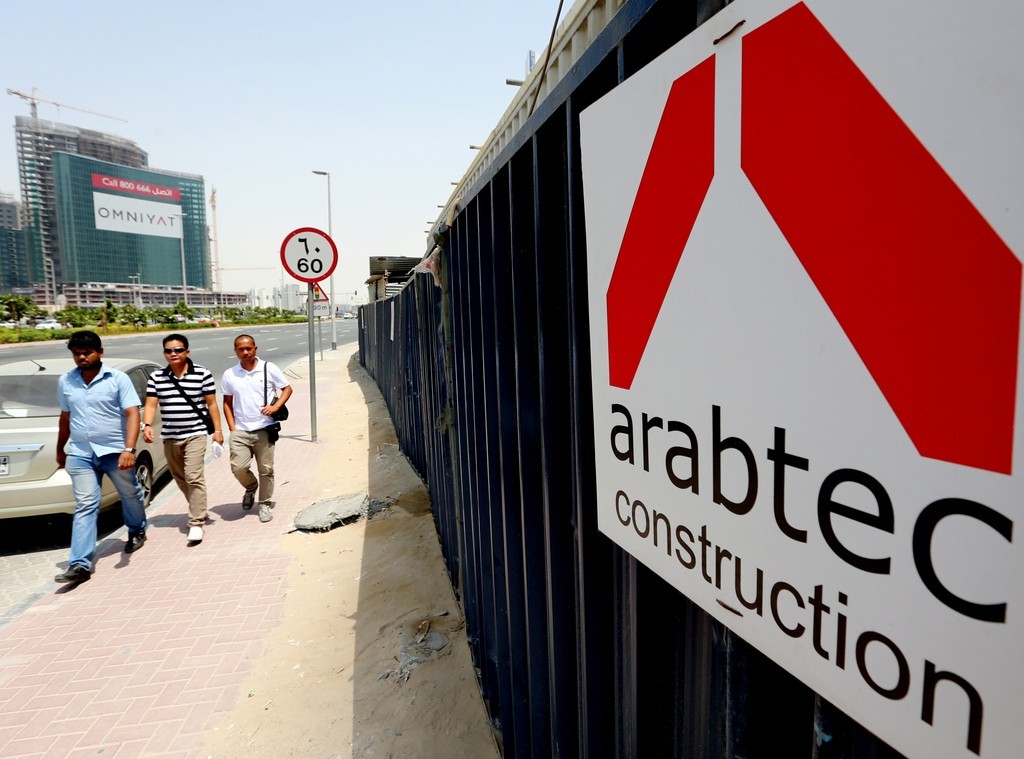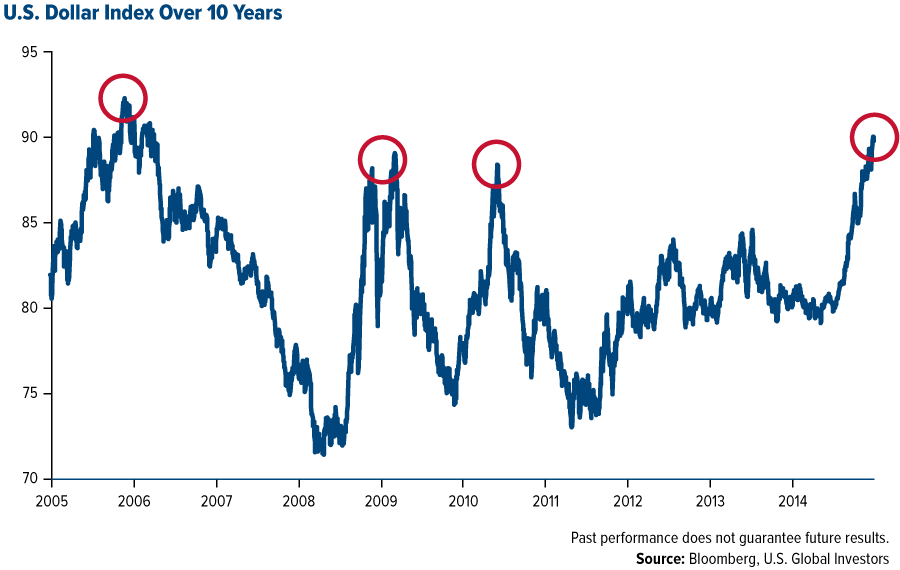Strong greenback and lower crude prices weigh on global risk assets
Post on: 16 Март, 2015 No Comment

December was a mixed month for global risk assets. Equity markets moved lower as the US dollar continued its rising trend, while crude oil and most other commodities continued to weaken.
The global economy remains fragile despite a strengthening recovery in the US, where economic activity has been expanding at a moderate pace.
The labour market conditions continue to improve, with solid job gains and a lower unemployment rate.
Inflation has continued to run below the target rate of 2 per cent, partly reflecting declines in energy prices.
The US Federal Reserves indication to hold interest rates near zero for a considerable time was changed to it will be patient on the timing of its first interest rate increase since 2006.
The euro zone is flirting with recession because of a weak euro, stubbornly high unemployment and lower inflation all weighing on overall economic prospects resulting in further weakening of the 19-member bloc currency in the European Union.
Sluggish demand from households and businesses has kept inflation at a five-year low, prompting the European Central Bank (ECB) to consider further accommodative policy measures.
Closer to home, most Mena markets reacted in a volatile manner to the weakening oil price as concerns rose on government willingness to run deficits in the near term to allow infrastructure spending and mega-projects to continue.
The collapse in oil prices has been attributed to a number of factors including the increase in US shale gas production, Opecs decision not to cut production and global political concerns. The slide in oil prices, triggered a Mena wide sell-off but hit the GCC markets especially hard. Saudi Arabia and Dubais expansionary fiscal budgets for 2015 reassured markets of continued spending plans and their willingness and ability to cope with a low oil price environment in the near term.
Qatar ended last year as the second-best performing market at 18.4 per cent after Egypt, which stood at 32 per cent, while Dubai and Abu Dhabi were up 12 per cent and 5.56 per cent respectively.
Aggregate traded value in the region recorded a significant increase of 58 per cent to US$793 billion last year, compared with $501bn in 2013.
At a sector level, petrochemicals continued to endure weakness due to falling oil prices. It is notable that WTI and Brent dropped more than 20 per cent last month. The Tadawul Petrochemical Index was down 2.9 per cent last month versus the General Index, which dipped 3.3 per cent.

The property sector in the UAE was one of the worst performers last month, led by Emaar Properties. The sector was affected not only by negative sentiment relating to oil price weakness but also from weakness on concerns over the drop in Russian tourist arrivals, on the back of a large decline in the value of the rouble.
Property prices and rentals in Dubai remained weak because of oversupply concerns and worries remain over a potential slowdown in the wider economy.
In a low oil price environment, we believe projects with strategic importance and commercial viability will be prioritised and executed.
For Mena banks, we expect the direct effect on the banking system from lower oil prices to be limited. Banks remain well capitalised across the region, providing a comfortable buffer should earnings be affected from either a revenue or asset quality perspective. The UAE Central Bank is also looking to implement new regulations on loans against margin trading, given the high volatility in UAE stock markets that was partially driven by margin calls.
In Egypt, the drop in global commodity prices has supported the economy, which will in turn reduce the pressure on the countrys current account deficit and inflation. The Egyptian government repaid 40 per cent of a $5.1bn outstanding debt to foreign oil companies. Additionally, Fitch upgraded Egypts sovereign rating along with National Bank of Egypt and Commercial International Bank to B from B- with a stable outlook.
Saleem Khokhar is the head of equities for the asset management group at NBAD
Follow The Nationals Business section on Twitter Click for original article














